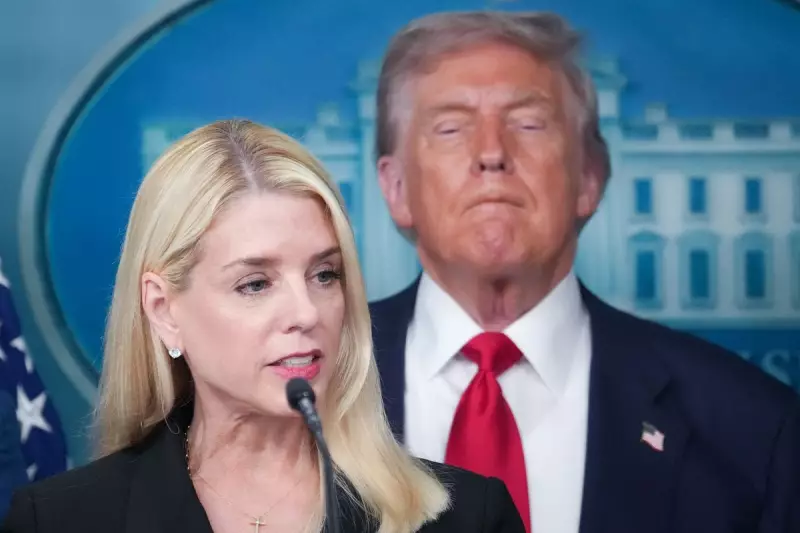
A senior court official has thrown out a misconduct complaint filed by the Justice Department against a federal judge presiding over a legal challenge to Donald Trump's ban on transgender military personnel.
The Dismissed Allegations
Chief Judge Sri Srinivasan of the U.S. Court of Appeals for the District of Columbia Circuit dismissed the complaint in a 29 September order, which was made public on a Monday. The complaint had accused U.S. District Judge Ana Reyes of engaging in "hostile and egregious" conduct during hearings for the lawsuit.
The Justice Department, under then-Attorney General Pam Bondi, alleged that Judge Reyes acted inappropriately during a February hearing. The claims centred on her questioning of a government lawyer about his religious beliefs and a rhetorical exercise that the department argued was designed to cause embarrassment.
In his order, Chief Judge Srinivasan stated that the proper course of action for the Justice Department would have been to file a motion for Judge Reyes' recusal if it questioned her impartiality. He noted, "If a party that believes a judge’s conduct in a case raises serious questions about her impartiality were to press its concerns in the ordinary way — by seeking her recusal in the case itself — the standards for resolving the matter are well established."
Contentious Courtroom Exchanges
The specific incidents cited in the complaint, filed by Bondi's then-chief of staff Chad Mizelle, included a notable exchange where Judge Reyes asked a government attorney, "What do you think Jesus would say to telling a group of people that they are so worthless, so worthless that we’re not going to allow them into homeless shelters? Do you think Jesus would be, ‘Sounds right to me'?"
The attorney responded by refusing to speculate on the question, stating, "The United States is not going to speculate about what Jesus would have to say about anything."
Another incident involved a rhetorical exercise concerning discrimination. Judge Reyes reportedly spoke of hypothetically changing her courtroom rules to bar graduates of the University of Virginia law school from appearing before her, claiming they were all "liars and lack integrity." She then instructed the government attorney, a graduate of that school, to sit down before calling him back to the podium.
Broader Legal and Political Context
This legal dispute sits within a highly charged political atmosphere. Judge Reyes, who was nominated to the bench by President Joe Biden, had previously blocked the enforcement of Trump's executive order in March, ruling that it likely violated the plaintiffs' constitutional rights.
Trump's 27 January executive order had claimed, without presenting evidence, that the sexual identity of transgender service members conflicts with a "soldier’s commitment to an honourable, truthful, and disciplined lifestyle" and is detrimental to military readiness. The order required Defence Secretary Pete Hegseth to issue a revised policy.
The lawsuit was brought by six active-duty transgender service members and two other plaintiffs seeking to join the military. While Judge Reyes agreed to suspend her own ruling pending a government appeal, the U.S. Supreme Court has permitted the Trump administration to enforce the ban in the interim.
Neither the Justice Department nor Judge Reyes provided immediate comment on the dismissal of the misconduct complaint. The department had not explicitly sought Judge Reyes' removal from the transgender troops' litigation and did not file a petition to review the chief judge's order, which did not rule on the merits of the allegations themselves.





